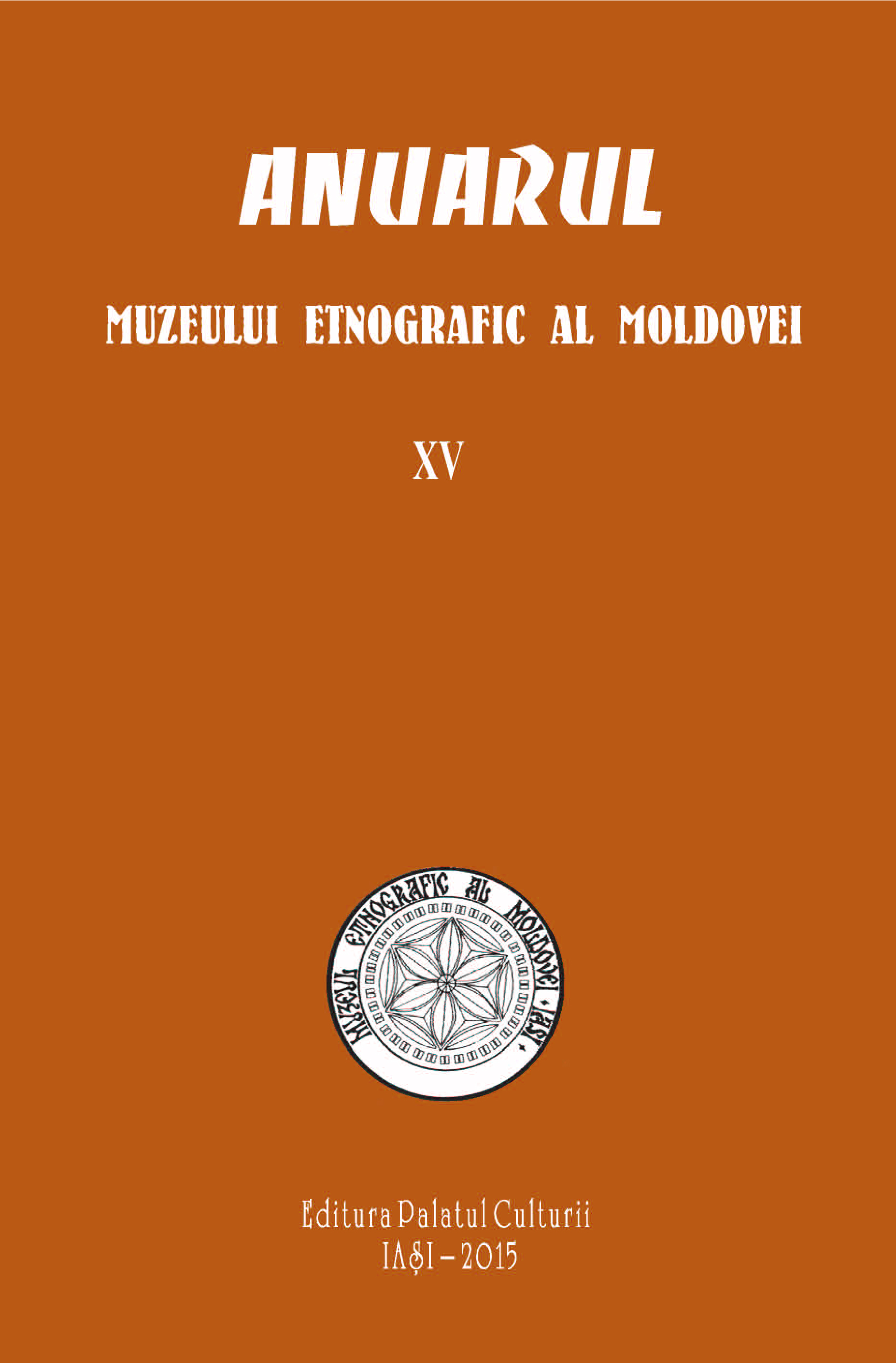Ceata flăcăilor şi hora satului. Instituţii tradiţionale de afirmare a culturii socio-normative
Band of Lads and Village “Hora”. Traditional Institutions for the Assertion of Social-Normative Culture
Author(s): Varvara BuzilăSubject(s): Cultural Anthropology / Ethnology
Published by: Editura Palatul Culturii
Keywords: band of lads; village “hora”; traditional institutions; social-normative culture; social norms; socialization
Summary/Abstract: The paper aims to disclose the contribution of the band of lads and village “hora” (traditional circle dance) in the assertion of the traditional social-normative culture. Both traditional institutions, having a considerable age, being interdependent, manifest themselves during great calendar feasts, during the year, and on Sundays, except the periods of fasting. Youngsters lead both these institutions, but the entire community takes benefit from their activity. The author analyses the relationships inside these institutions, as well as those developed with other structures. Both institutions accomplish complex functions: social, juridical, educational, cultural, communicative and axiological ones. Firstly, the socializing function imposes itself. Both the band of lads and the village “hora” socialize youngsters according to the traditional morality, according to the norms of behaviour known and checked up by the community. The socialization takes place gradually, under the supervision of old people, being mediated by lads with greater experience. The latter ones assist youngsters to pass easier through the stage of bachelor and achieve skills in order to aspire to marriage. This is the way in which the transmission and assumption of roles and functions take place among the members of the band and of the “hora”, learning models of behaviours, essential principles and values for the traditional culture. The group supports youngsters in order to understand and become aware both of the privileges and risks of the life inside a community, of the responsibilities they have to assume from a juridical perspective. The economical functions, inherent to the activity of any institution, aim to ensure the performance of customs and their continuity through time, as well as of these institutions themselves. Lads learn how to earn and manage money commonly, using them for the benefit of the community. They train themselves in negotiations with old people, also with other bands of fellows, with girls and their parents, learning thus how to achieve a consensus in any activity.
Journal: Anuarul Muzeului Etnografic al Moldovei
- Issue Year: 2015
- Issue No: 15
- Page Range: 51-84
- Page Count: 34
- Language: Romanian

